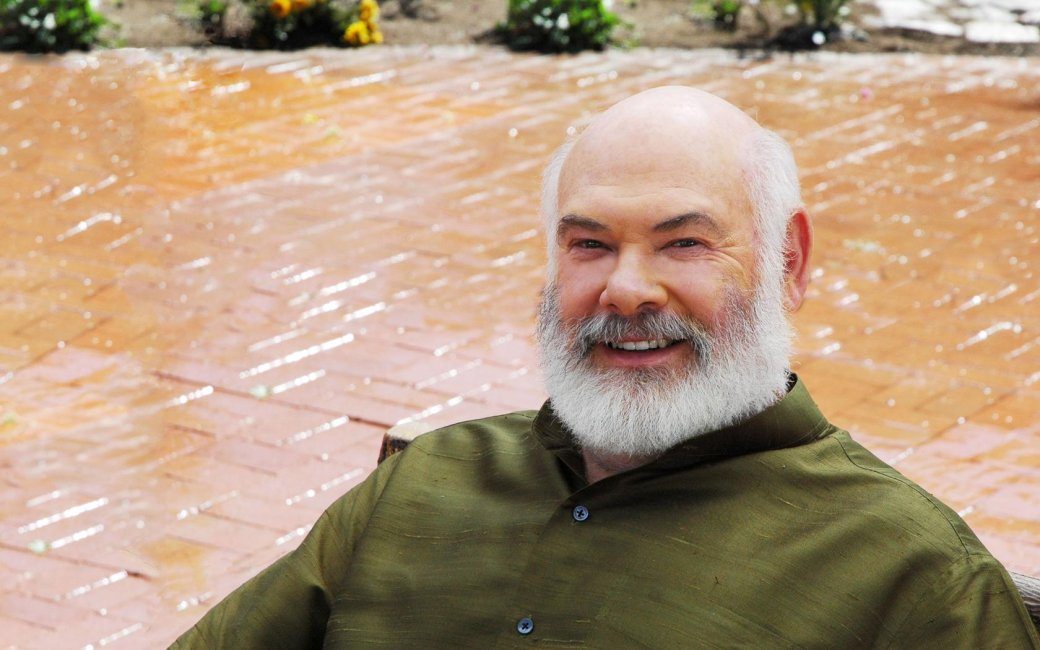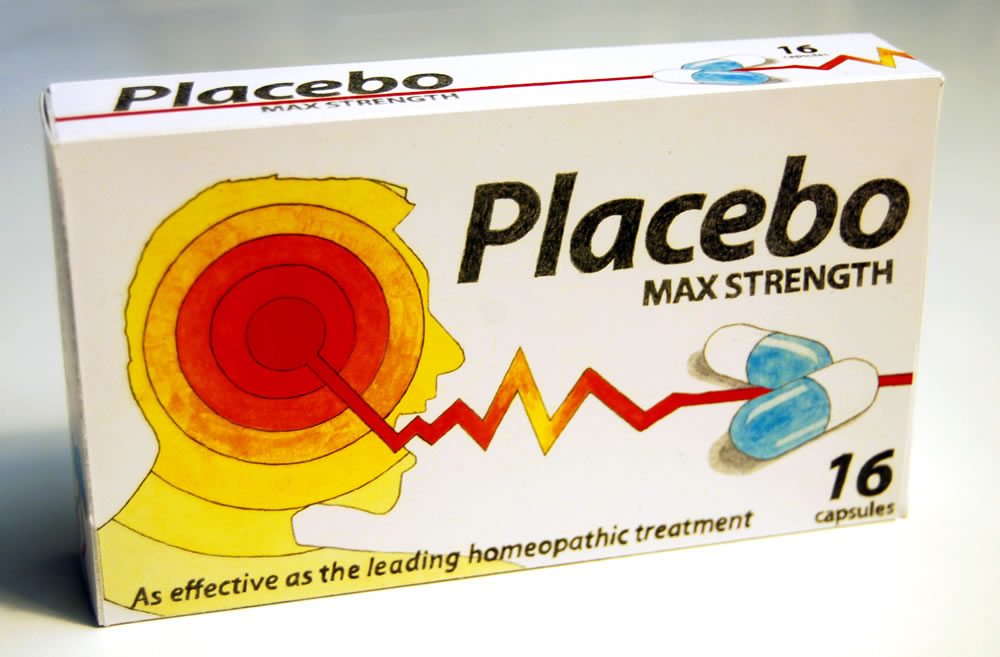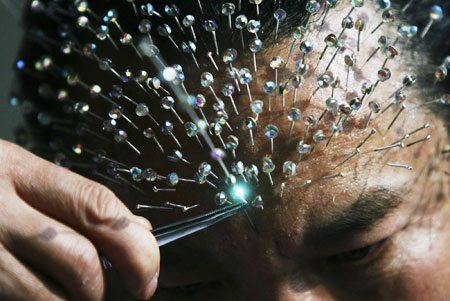Tag: pain

Medical marijuana as the new herbalism, part 1: Science versus the politics of weed in New York and beyond
Medical marijuana. It's promoted as a seeming panacea that can cure whatever ails you. While there are potentially useful medicinal compounds in marijuana, in general the medical marijuana movement vastly oversells the promise. The truth is far more prosaic and nuanced.

AAFP CME Program Succumbs to “Integrative Medicine”
For many years I have been using Continuing Medical Education (CME) programs offered by the American Academy of Family Physicians (AAFP). The FP Essentials program consists of a monthly monograph with a post-test that can be submitted electronically for 5 hours of CME credit. Over a 9-year cycle, a complete family medicine curriculum is covered to prepare participants for the re-certification board...
Answering another criticism of science-based medicine
In the three and a half years that the Science-Based Medicine blog has existed, we contributors have come in for our share of criticism. Sometimes, the criticism is relatively mild; often it’s based on a misunderstanding of what SBM is; but sometimes it’s quite nasty. I can’t speak for the rest of the SBM crew on this, but I’ve gotten used to...
Acupuncture Revisited
Believers in acupuncture claim it is supported by plenty of published scientific evidence. Critics disagree. Thousands of acupuncture studies have been done over the last several decades, with conflicting results. Even systematic reviews have disagreed with each other. The time had come to re-visit the entire body of acupuncture research and try to make sense out of it all. The indefatigable CAM...

Placebo Effect for Pain
It has long been recognized that there are substantial multifactorial placebo effects that create real and illusory improvements in response to even an inactive treatment. There is a tendency, however (especially in popular discussion), to oversimplify placebo effects – to treat them as one mind-over-matter effect for all outcomes. Meanwhile researchers are elucidating the many mechanisms that go into measured placebo effects,...
Childbirth Without Pain: Are Epidurals the Answer?
Is unmedicated natural childbirth a good idea? The American College of Obstetrics and Gynecology (ACOG) points out that There is no other circumstance in which it is considered acceptable for a person to experience untreated severe pain, amenable to safe intervention, while under a physician’s care. It is curious when an effective science-based treatment is rejected. Vaccine rejecters have been extensively discussed...
Vaccines are a pain: What to do about it
As much as I support vaccines, I see the short term consequences. Vaccines can be painful. Kids don’t like them, and parents don’t like seeing their children suffer. That this transient pain is the most common consequence of gaining protection from fatal illnesses seems like a fair trade-off to me. But that’s not the case for every parent. Today’s post isn’t going...
Chronic Pain: A Disease in its Own Right
Melanie Thernstrom has written a superb book based on a historical, philosophical, and scientific review of pain: The Pain Chronicles: Cures, Myths, Mysteries, Prayers, Diaries, Brain Scans, Healing, and the Science of Suffering. Herself a victim of chronic pain, she brings a personal perspective to the subject and also includes informative vignettes of doctors and patients she encountered at the many pain...

Another overhyped acupuncture study misinterpreted
Perhaps the most heavily studied of “alternative medicine” modalities is acupuncture. Although it’s hard to be sure as to the reason, I tend to speculate that part of the appeal to trying to do research in this area is because acupuncture is among the most popular of actual “alt-med” modalities, as opposed to science-based medical modalities co-opted by believers in alt-med and...
Potential New Mechanism of Pain Relief Discovered
The development of drugs and other treatments for specific symptoms or conditions relies heavily on either serendipity (the chance finding of a beneficial effect) or on an understanding of underlying mechanisms. In pain, for example, there are limited ways in which we can block pain signals – such as activating opiate receptors or inhibiting prostaglandins. There are only so many ways in...

